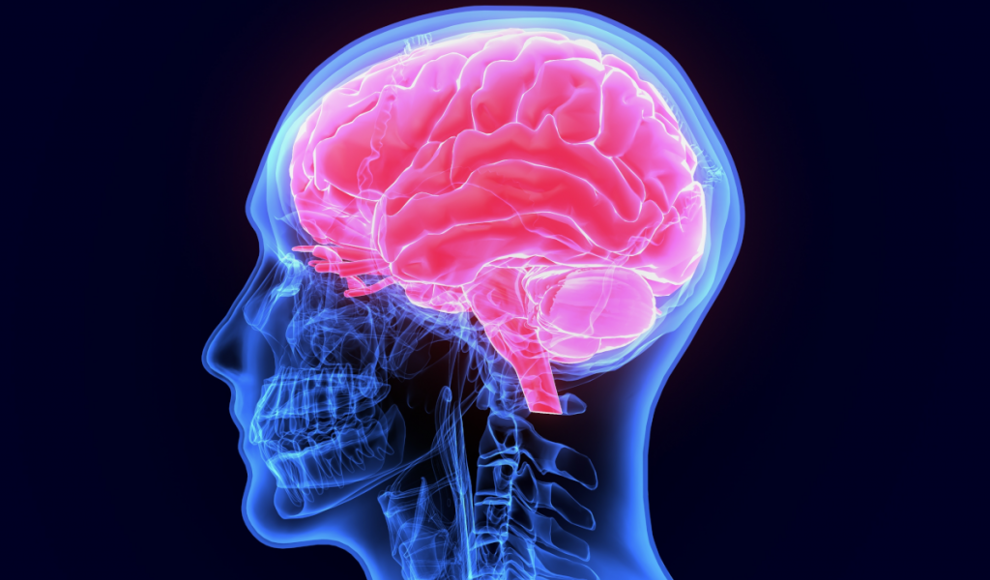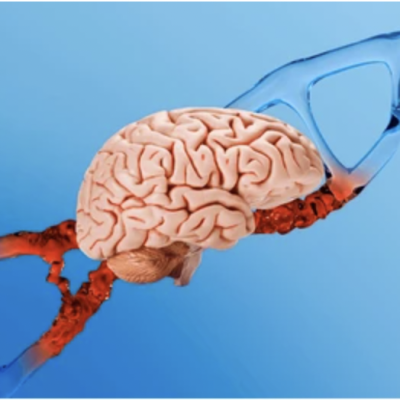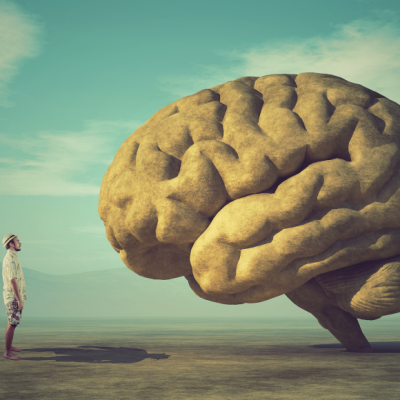The human brain is a complex network of cells that constantly change and adapt. Recent breakthroughs in neuroscience have shown that forgetting is not a mistake, but rather a special form of learning that helps us adapt to a changing world and make better decisions. Researchers at Trinity College of Dublin, led by Clara Ortega-de San Luis, have published a study that investigates the mechanisms that allow us to form new memories. The study challenges the previous assumption that memories are stored within engram cells and instead suggests that they are stored in the space between cells.
Engram cells are groups of brain cells that are activated by specific experiences and change themselves to integrate and store information in our brains. The researchers used an experiment where animals learned to recognize different contexts and form connections between them to identify which changes in engram cells allow for the storage of new memories. They discovered a molecular mechanism that activates a specific protein in the synapse to regulate the connectivity between engram cells, providing direct evidence that changes in synaptic connectivity are responsible for memory storage in the brain.
This study not only helps us understand how we form new memories or modify existing ones, but also expands our knowledge of how the brain works and the mechanisms needed for processing thoughts and information. It shifts the focus from isolated cells to the complex interplay within the neural network, redefining the role of engram cells. It is not the engram that lies within the cell, but rather the cell that is part of the engram. These new insights into memory formation and storage have significant implications for the field of neuroscience and could lead to new treatments for memory-related disorders.










